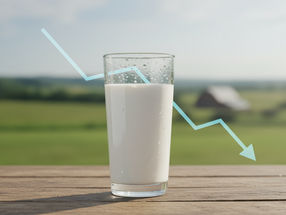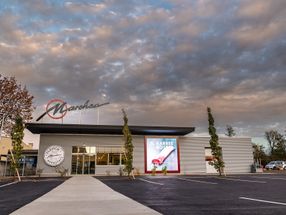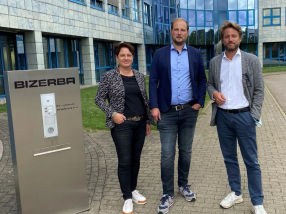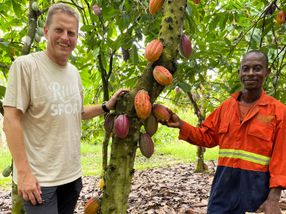Danone Factory Given Lighthouse Award By World Economic Forum For Digital Transformation
More than 20 new technologies from pioneering site rolled out Europe-wide
Advertisement
Danone today announces that its factory in Poland has been designated as an Advanced Fourth Industrial Revolution Lighthouse by the World Economic Forum for its digital transformation. The factory is among 11 others from across the world to join the Global Lighthouse Network today.
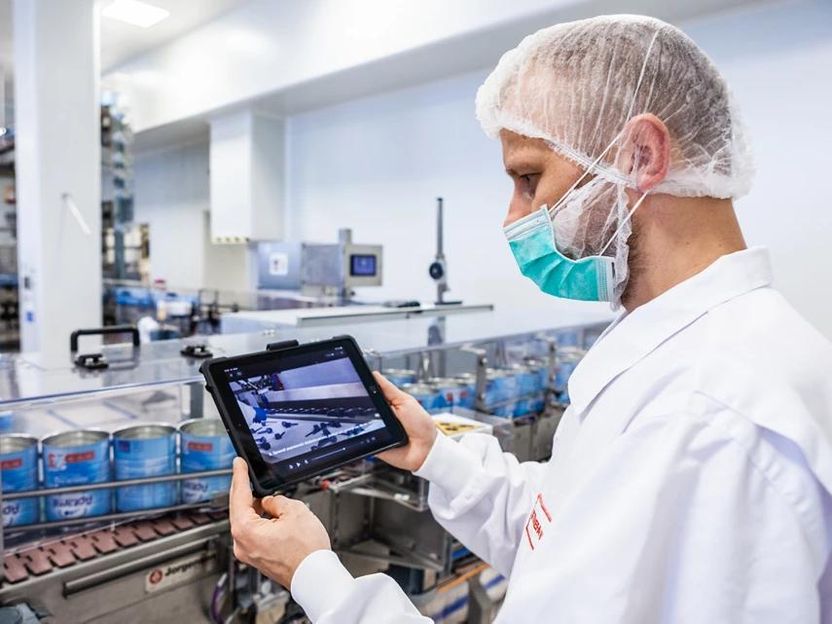
Danone
The Word Economic Forum judges praised the factory, which manufactures baby food and baby formula, for adopting Fourth Industrial Revolution technologies, such as robotics and artificial intelligence, at scale.
The factory in Opole, a town in the south of Poland, has been central to Danone’s Digital Manufacturing Acceleration (DMA) programme, which aims to test and implement new use cases for digital technology. Opole is Danone’s lighthouse factory for the programme, where the company pilots and tests new technology, incorporating learnings from other Danone plants, before rolling it out to manufacturing sites across the world.
So far, the programme has introduced more than 20 digital solutions to 39 Danone factories across Europe to increase productivity and efficiency across all categories that the company manufactures. Opole itself has seen a 19% reduction in manufacturing costs between 2019 and 2021, and efficiency gains of 12%.
Alongside this, the factory has reduced its greenhouse gas (GHG) emissions by 50% and cut its energy consumption by 23%, by combining energy and production data to improve energy efficiency. Other sustainability initiatives include reducing water usage by 25%.
To implement the transformation, a comprehensive digital training programme has seen 100% of Opole’s workforce being trained in new processes and ways of working, including 20 employees who can now code their own Robotic Process Automation robots. It has helped create more skilled jobs for the local community, with the introduction of a dedicated digital team.
Other news from the department business & finance
Most read news
More news from our other portals
See the theme worlds for related content
Artificial intelligence (AI) for food and beverages
Artificial intelligence (AI) is optimizing the food and beverage industry through automated quality control and more accurate demand forecasting. AI plays a particularly important role in product development by analyzing taste preferences and market trends. This allows new products to be developed that are better tailored to consumer needs, increasing efficiency and customer satisfaction.
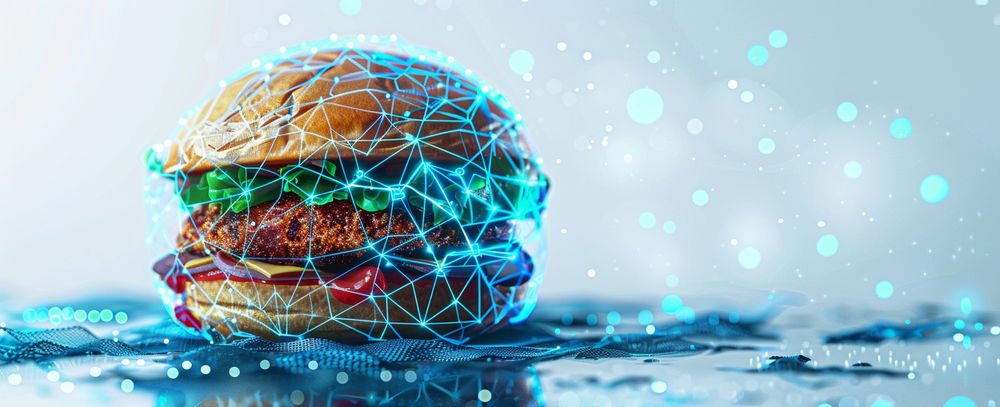
Artificial intelligence (AI) for food and beverages
Artificial intelligence (AI) is optimizing the food and beverage industry through automated quality control and more accurate demand forecasting. AI plays a particularly important role in product development by analyzing taste preferences and market trends. This allows new products to be developed that are better tailored to consumer needs, increasing efficiency and customer satisfaction.







